Ben Bradlee: No Fear, No Favor
Like every young reporter at the Post, I was scared to death of him at first.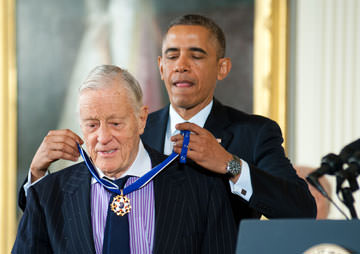 Rena Schild / Shutterstock.com
Rena Schild / Shutterstock.com
It was the fall of 1979. The Washington Post, which I considered the greatest newspaper in the world, was considering me for a job covering the District of Columbia’s new mayor, an interesting character named Marion Barry. I knew that a couple of Post editors were going to take me to lunch. What I didn’t know was that the great Ben Bradlee was coming along.
I ordered what turned out to be the driest roast beef sandwich ever made — we’re talking cardboard and shoe leather — and Ben noticed that I was having trouble choking it down. He waited until I had a big mouthful, then leaned in and said: “City Hall is a tough job, kid. Are you tough?”
My muffled attempt to say yes must have been more amusing than convincing. Somehow, I got the job — and vowed that never again, when eating in Ben’s presence, would I bite off more than I could chew.
Like every young reporter at the Post, I was scared to death of him at first. Then, toward the end of the 1980 presidential campaign, I was assigned to do my first national political story: a piece on Sen. Ted Kennedy’s tepid support of incumbent Jimmy Carter. I opened with the scene at the end of the Democratic convention, when Carter vainly chased Kennedy around the Madison Square Garden stage in hopes of a “party unity” embrace.
The story ran on the front page. That morning, on his way through the newsroom, Ben stopped by and rapped his knuckles on my desk. “Good piece about Teddy, kid,” he said, before strutting away.
That, basically, is why I’ve stayed at the Post for nearly 35 years.
The word “charisma” doesn’t fully describe the effect Ben had on so many of us who worked for him. He was brilliant at the theatrical aspects of leadership — the barrel-chested swagger, the Turnbull & Asser shirts, the blue language and the twinkling eyes — but his greatness was no mere performance. He made you understand that journalism was not a career but a mission. He made you feel that how well you did your job was not just important to your own ambitions but had a real impact on society. He demanded more than you thought you could possibly deliver, and you moved heaven and earth not to disappoint him.
Because the president his newspaper exposed as a crook was a Republican, and because the president he considered a close personal friend was a Democrat, some people apparently have the impression that Ben’s political views were liberal. He was, in fact, the least ideological person I knew. I have no idea how he voted.
Ben was intensely patriotic — a World War II veteran whose love of country was second to no one’s. He always said that Richard Nixon “put me on the map.” But while the Watergate story was a thrilling chase, it gave Ben no joy that the president of the United States had so sullied the office.
The one thing Ben didn’t question — until it was too late — was his assumption that every journalist who came to work at the Post automatically shared his belief in the sanctity of the newspaper’s columns. For all his vaunted skepticism, it never occurred to him that a reporter would make up a story out of whole cloth and allow it to be published.
But that, of course, is what Janet Cooke did. I was the city hall reporter at the time, and it was my job to grill Barry and other city officials about why they were unable to find “Jimmy,” the 8-year-old heroin addict whose plight Cooke so vividly described. When the hoax was revealed — and Cooke’s Pulitzer Prize was returned — everyone at the paper was devastated.
Ben’s response was to open himself and his newsroom to unprecedented scrutiny, giving the paper’s ombudsman free rein to report and tell the story of how the “Jimmy” travesty occurred. Cooke’s flakiness had been evident to some editors and reporters, but Ben and other editors were dazzled by her made-up resume — Vassar and the Sorbonne — and paid no attention to the skeptics.
Why mention the low point of Ben Bradlee’s life and career in a loving remembrance of a great journalist, a great American and a great friend? Because that’s the way Ben taught me, and that’s what he would have insisted on. No fear. No favor. The whole story, kid.
Eugene Robinson’s e-mail address is eugenerobinson(at)washpost.com.
© 2014, Washington Post Writers Group
Your support matters…Independent journalism is under threat and overshadowed by heavily funded mainstream media.
You can help level the playing field. Become a member.
Your tax-deductible contribution keeps us digging beneath the headlines to give you thought-provoking, investigative reporting and analysis that unearths what's really happening- without compromise.
Give today to support our courageous, independent journalists.

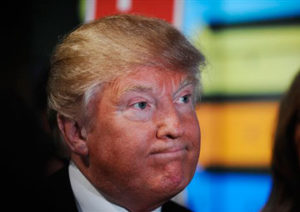
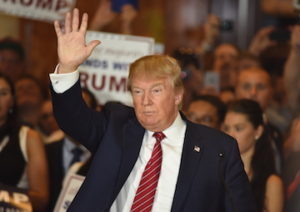
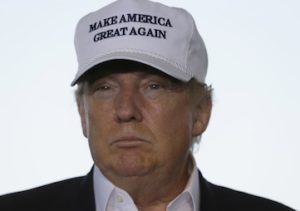
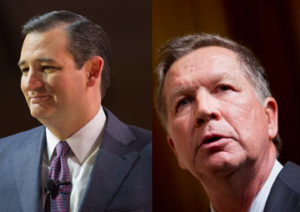
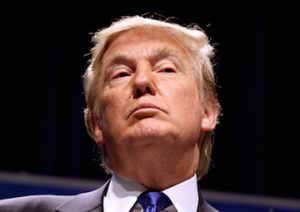


You need to be a supporter to comment.
There are currently no responses to this article.
Be the first to respond.